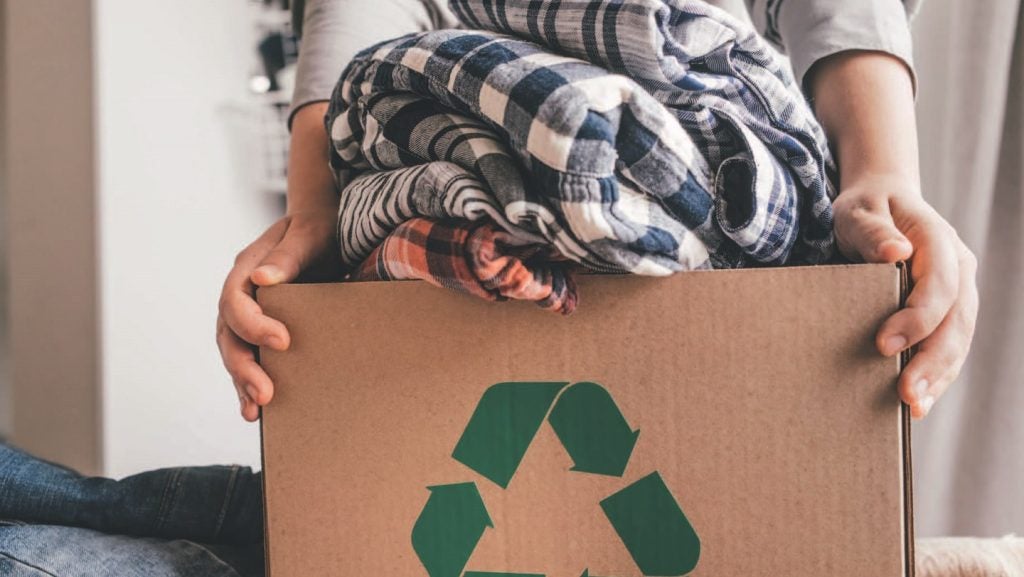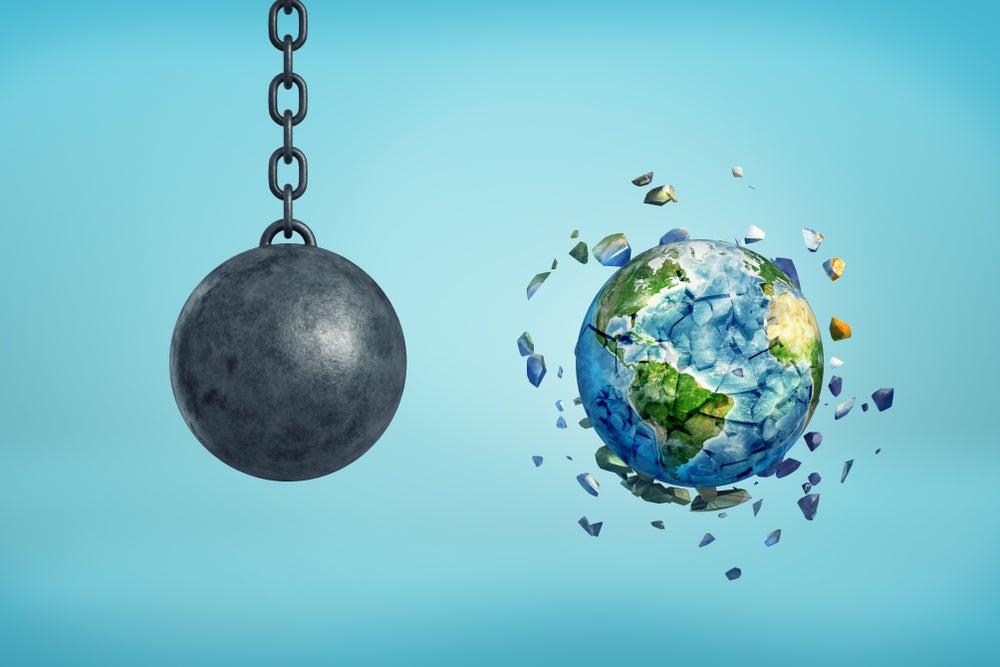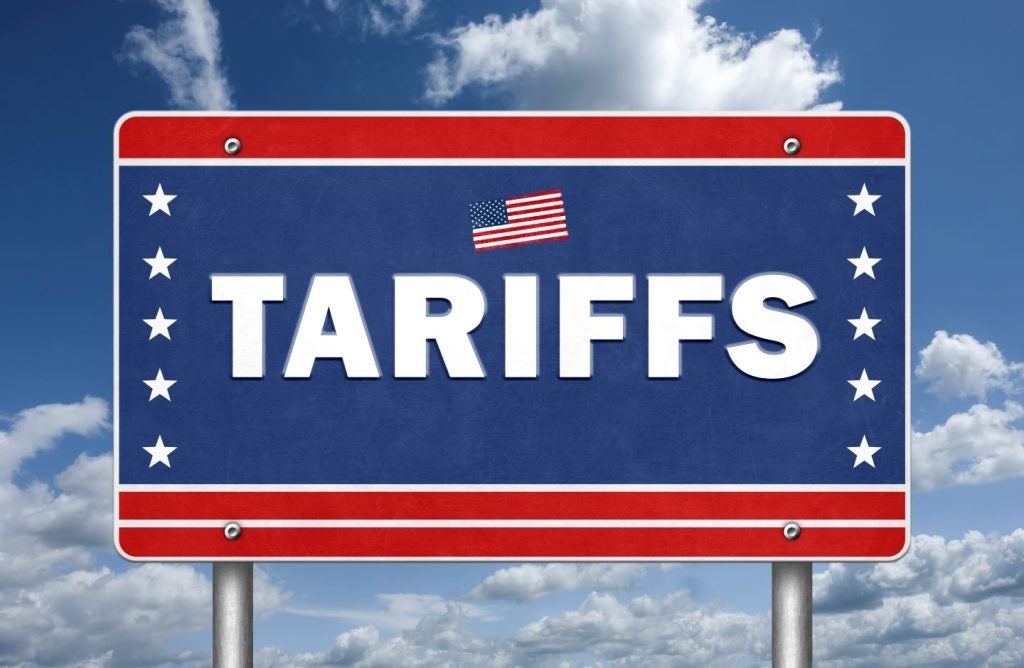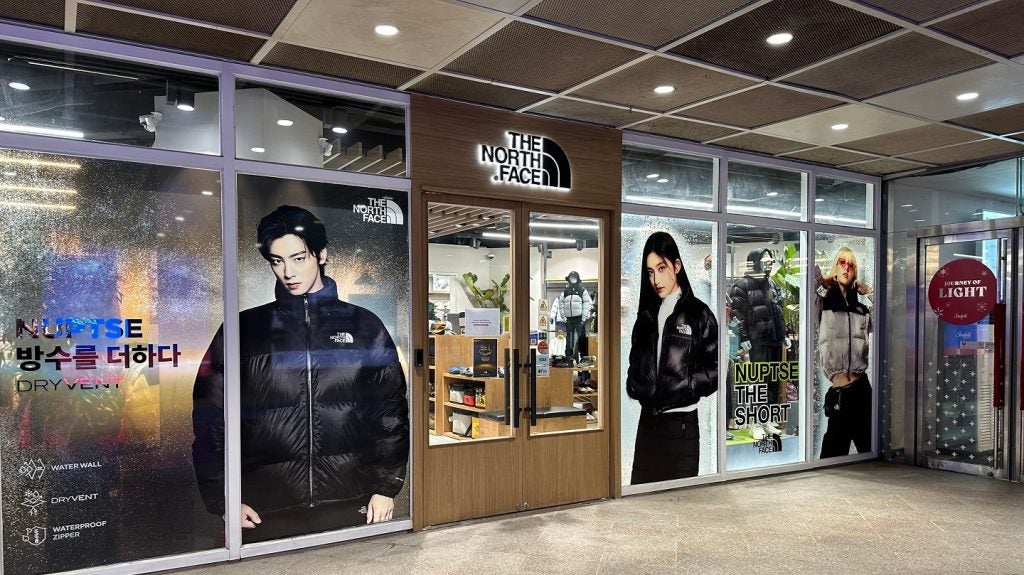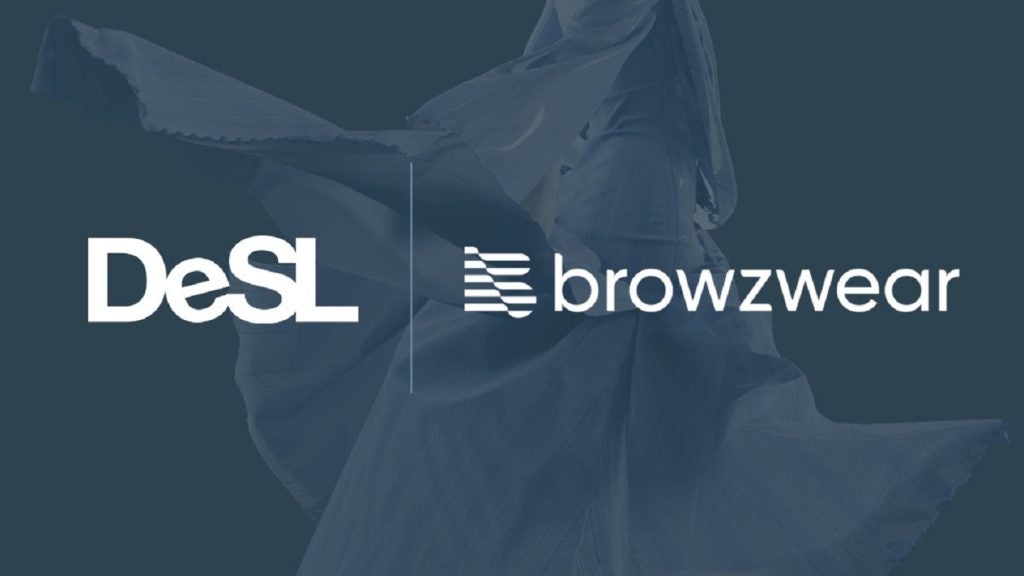The €15m four-year initiative is developing a strategic plan aimed at showcasing viable methods for textile recovery, repurposing, value recovery, and recycling.
tExtended is progressing with the refinement of its Conceptual Framework, a knowledge-driven blueprint designed to maintain quality standards.
Phase II includes piloting the framework within a real-world Industrial-Urban symbiosis setting to validate its capability in slashing textile waste by a significant 80%.
The urgency to address the escalating problem of textile waste is gaining momentum across Europe and internationally. The European Commission has identified textiles and plastics as key priorities in its efforts to address waste management.
In this second phase, Plastics Technology Centre known as AIMPLAS assumes a pivotal role in various segments.
Focused on material identification and categorisation, AIMPLAS is leveraging advanced technologies such as optical sensors (including NIR, RGB, and hyperspectral cameras) through a partnership with VTT. The objective is to ascertain textile compositions that align with recycling prerequisites.
Moreover, the partners are innovating separation techniques for non-textile elements using electrostatic and triboelectric methods and is developing air separation processes to categorise garments by type.
These advancements are facilitated by pilot-scale adapted equipment designed for processing textile components. The centre is also delving into the dissolution of polyvinyl chloride (PVC) from textile waste, thus enhancing the recyclability of remaining materials.
AIMPLAS is also advancing a chemical recycling process for polyurethane foams to recover polyols, which can then be reintegrated into new polyurethane foam formulations.
“This integrated approach will allow AIMPLAS to significantly advance the sustainability of textile and plastic materials, promoting innovative solutions for recycling and the circular economy,” said, AIMPLAS chemical recycling researcher Nacho Montesinos.
The tExtended project's activities span across consortium member countries Finland, Sweden, Belgium, France, Ireland, Latvia, Slovakia, Spain, Portugal, and Switzerland, with a pan-European real-scale demonstrator in development. Furthermore, localised regional studies are underway to assess replication potential.
tExtended, which is supported by the European Commission’s Horizon Europe research and innovation programme, is also focusing on societal engagement within the textile sector.
By involving community actors and encouraging public participation in pre-sorting and returning used textiles, the project aims to elevate awareness around sustainable practices and circularity within the industry.
As tExtended progresses towards crafting a masterplan for a sustainable textile ecosystem, it has already enhanced upcycling processes and conceptualising a data-driven circular model.


